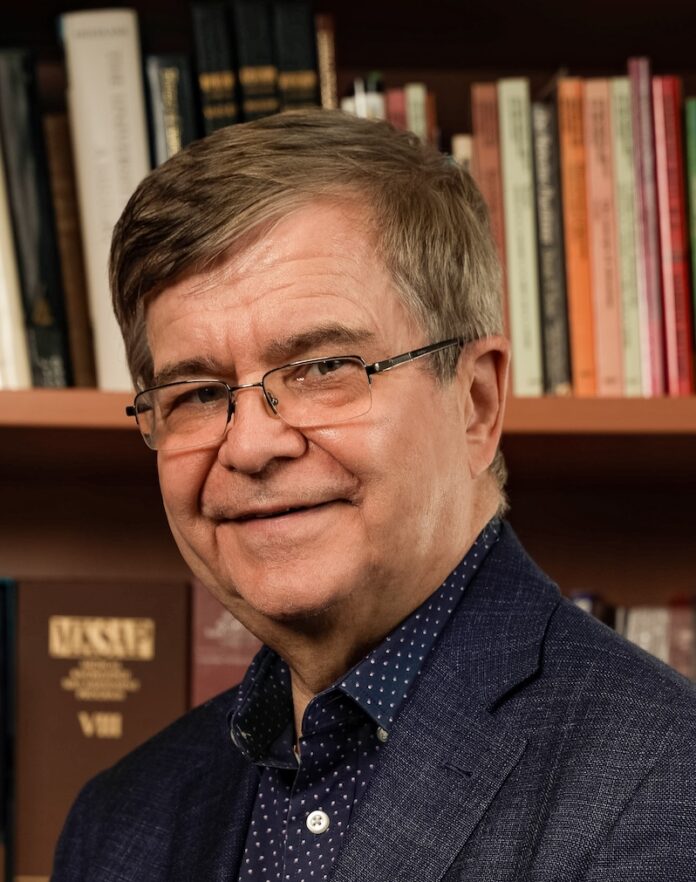Project ECHO® (Extension for Community Health Care Outcomes) is an international learning community representing more than 220 hubs in 31 countries. The Project ECHO Ontario Skin and Wound Care Hub features live online sessions, de-identified patient cases, and case discussions. Dr. R. Gary Sibbald helped launch the ECHO Ontario Skin and Wound Care Hub in 2019. Recognized internationally for his research and clinical work, Dr. R. Gary Sibbald is a dermatologist, internist and wound care specialist based in Ontario.
Project ECHO is for Ontario Healthcare providers who have an interest in skin and wound care. It features live online sessions, de-identified patient cases, and case discussions. Healthcare providers and specialists learn from each other, acquire knowledge, skills, increase competency and build a strong community of practice. Project ECHO® follows the Hub and Spoke model where an inter-professional specialist resource team form the hub and participants, supported by community of practice, are the spokes.
Q and A with Dr. Sibbald:
Q: What is ECHO as a model for skin and wound care?
A: Skin and wound care has traditionally been practiced in silos. Providers often work independently of each other, whether acute care, long-term care, nursing homes, complex continuing care, home care or other sectors. Doctors, nurses and allied health professionals are working in different locations under various models. This creates obstacles in providing integrated interprofessional care.
ECHO helps address this. ECHO moves knowledge, not patients. Our program is part of a collective of over 40 ECHO programs in Ontario. We connect with 100+ clinics at once via Zoom in weekly 2-hour sessions plus an extra 1 hour of skills training. We use a ‘Hub and Spoke’ model. The ‘Hub’ teaches a short didactic lecture based on International Interprofessional Wound Care Course (IIWCC) curriculum, Best Practice Guidelines and other expert resources. We then collectively discuss real, deidentified, patient cases submitted by ‘Spoke’ participants.
Q: How is ECHO different from telemedicine?
A: ECHO is designed to build capacity in the community and to link together the three key wound care professional groups: doctors, nurses and allied health. We do not take over responsibility for the care of patients. Instead, we help participants care for their own patients, in their own communities.
Q: Who are the partners in this ECHO program and who is on your “hub” team?
A: The Ontario Ministry of Health funds our program. The three partners are WoundPedia, Queen’s University and Nurses Specialized in Wound Ostomy and Care Canada (NSWOCC).
The Hub team includes family doctors, advance practice nurses, and allied health providers. We also have a roster of guest experts. We are accredited by Queens University and award CME/CE credits to attendees.
Q: What can a participant expect to gain? What are the obligations?
A: Participants gain experience through situational learning with an interprofessional collaborative approach. We discuss their patient cases. Many participants have found this extremely helpful for their wound care patients.
Based on requests from healthcare professionals in other provinces, The next step for the Project ECHO Skin and Wound Care Hub is to expand it across Canada. Planning is underway in order to make this happen and knowing Dr. R Gary Sinbbald- it certainly will.


